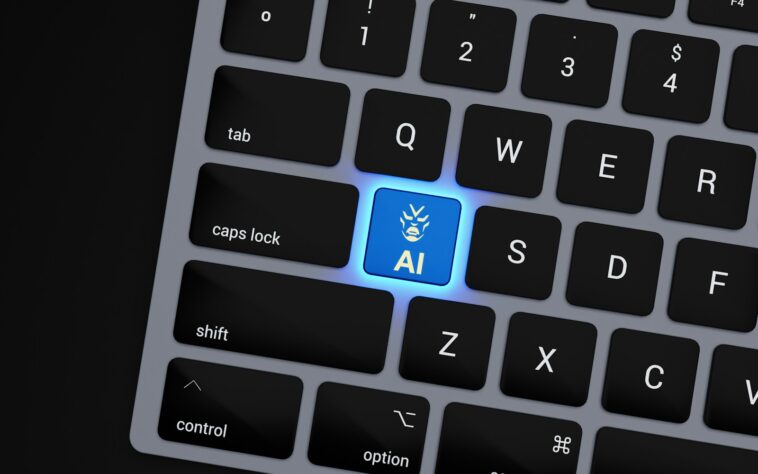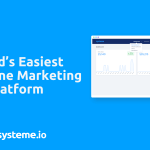Artificial Intelligence isn’t just a buzzword anymore — it’s everywhere. From the way your phone finishes your sentences to how Netflix suggests your next binge, AI is behind the scenes doing the heavy lifting.
If you’re thinking about getting into AI professionally, certifications can give you a solid foundation, boost your resume, and help you land better-paying jobs.
But with so many options out there, it’s easy to feel stuck trying to figure out which one is actually worth it.
Three names keep popping up again and again: Google, Microsoft, and Coursera. Each offers AI certifications that promise to give you the skills you need, but they don’t all teach the same things, and they’re not aimed at the same kinds of learners either.
I’ve spent time digging through these programs to help you figure out which one might be the best fit for your goals, time, and budget.
Here’s a breakdown of what each offers, who they’re best for, and what you can expect once you’ve got that certificate in hand.
Why Get an AI Certification?
You don’t need a certification to start learning AI, but it can help in a few big ways:
Structure: Instead of jumping between random tutorials, a certification gives you a clear learning path.
Credibility: Hiring managers recognize names like Google and Microsoft, and a certificate from them can give your resume some weight.
Career Switching: If you’re moving into tech from another field, a certification can help show that you’re serious and already learning the ropes.
AI jobs are growing fast. According to LinkedIn’s 2024 Emerging Jobs Report, roles related to AI and machine learning are among the top 5 fastest-growing job categories. LinkedIn Source
So, which certification should you choose?
Google VS Microsoft VS Coursera Which AI Certification Is Best?
1. Google’s AI Certification
Name: Google AI for Everyone (via Google Cloud or Coursera)
Length: ~2 to 4 weeks (depending on your pace)
Cost: Free to audit, ~$49/month for a certificate
Level: Beginner
Google’s AI courses are short, practical, and beginner-friendly. They’re designed for people who are curious about AI but may not have a technical background. If you’re just starting out, this is a great intro.
There’s also a more technical path on Google Cloud Skills Boost, like the Machine Learning Engineer Learning Path, which dives deeper into TensorFlow and ML engineering.
What You’ll Learn:
What AI can and can’t do
Basic machine learning concepts
How AI impacts different industries
A hands-on intro to tools like TensorFlow
Best For:
Absolute beginners and business professionals who want to understand AI without coding.
Pros:
Very clear and easy to follow
Low cost
Great if you’re just getting started
Cons:
Not deep enough if you want to become an AI engineer
Not as widely recognized for advanced tech jobs
Link: Google AI Courses on Coursera
2. Microsoft’s AI Certifications
Name: Microsoft Certified: Azure AI Fundamentals / Azure AI Engineer Associate
Length: 1 to 3 months
Cost: ~$99 USD for the exam (Azure AI Fundamentals), free learning paths available
Level: Beginner to Intermediate
Microsoft takes a more technical approach. Its certifications focus on using AI tools within the Azure ecosystem.
If you’re already working in tech — or want to — and especially if your company uses Microsoft products, this path can make a lot of sense.
What You’ll Learn:
Core AI and machine learning concepts
How to work with Azure Machine Learning
Natural language processing (NLP)
Responsible AI principles
Best For:
People who want a tech job and are okay learning a specific cloud platform like Azure.
Pros:
Industry-recognized
Deeper technical content
Career-focused learning
Cons:
You need to study more to pass the exam
Heavily tied to Azure, so not as general-purpose
Link: Microsoft Learn AI Path
3. Coursera’s AI Certifications
Name: AI Specializations from Stanford, DeepLearning.AI, IBM, etc.
Length: 3 to 6 months
Cost: $39–$79/month (depending on the course)
Level: Beginner to Advanced
Coursera hosts a bunch of AI programs from top universities and companies. The most popular is probably the AI Specialization by Andrew Ng (DeepLearning.AI), which has been taken by millions of learners. There are also more niche programs like IBM’s AI Professional Certificate or Stanford’s Machine Learning course.
What You’ll Learn:
Deep learning, neural networks, and model tuning
Real-world AI applications
Python programming for AI
Advanced ML concepts like convolutional and recurrent neural networks
Best For:
People serious about working in AI and ready to put in the time. Great for developers and aspiring data scientists.
Pros:
Taught by industry leaders like Andrew Ng
Covers real-world AI scenarios
Projects and quizzes help reinforce learning
Cons:
Can be time-consuming
Requires basic coding skills
Link: AI Specialization by Andrew Ng
Quick Comparison Table
| Provider | Ideal For | Cost | Duration | Key Focus |
|---|---|---|---|---|
| Beginners, business users | ~$49/month | 2–4 weeks | High-level intro to AI | |
| Microsoft | Tech professionals, Azure users | ~$99 (exam) | 1–3 months | Applied AI using Azure |
| Coursera | Developers, aspiring AI experts | $39–$79/month | 3–6 months | Deep learning & hands-on projects |
FAQs
Do I need to know how to code to start?
Not always. Google’s beginner course doesn’t need coding. Microsoft’s fundamentals level also doesn’t, but Coursera’s more advanced courses do. If you want to work in AI long-term, learning Python helps a lot.
Will these certifications get me a job?
They can help, especially if you’re starting out or switching careers. But real-world projects, internships, and a portfolio matter just as much. Certifications open doors — they don’t guarantee jobs.
Can I take more than one?
Absolutely. Some people start with Google’s basic course, then move to Coursera or Microsoft for deeper skills. You don’t have to pick just one forever.
What if I don’t finish the course?
You can pause and come back anytime. Coursera is flexible, and Microsoft has free learning paths you can do at your own pace.
Final Thoughts
Each of these AI certification paths has something different to offer, depending on your goals. If you’re just curious and want to understand what AI is all about, Google’s short course is a nice starting point.
If you’re aiming for a career in tech and want a recognized name on your resume, Microsoft’s certification is great — especially if you’re going to work with Azure.
And if you’re ready to really commit and learn the full range of AI concepts, Coursera‘s programs (especially those led by Andrew Ng) offer the most depth and practical knowledge.
So here’s the big question:
Which AI certification fits your goals best — Google, Microsoft, or Coursera?





GIPHY App Key not set. Please check settings